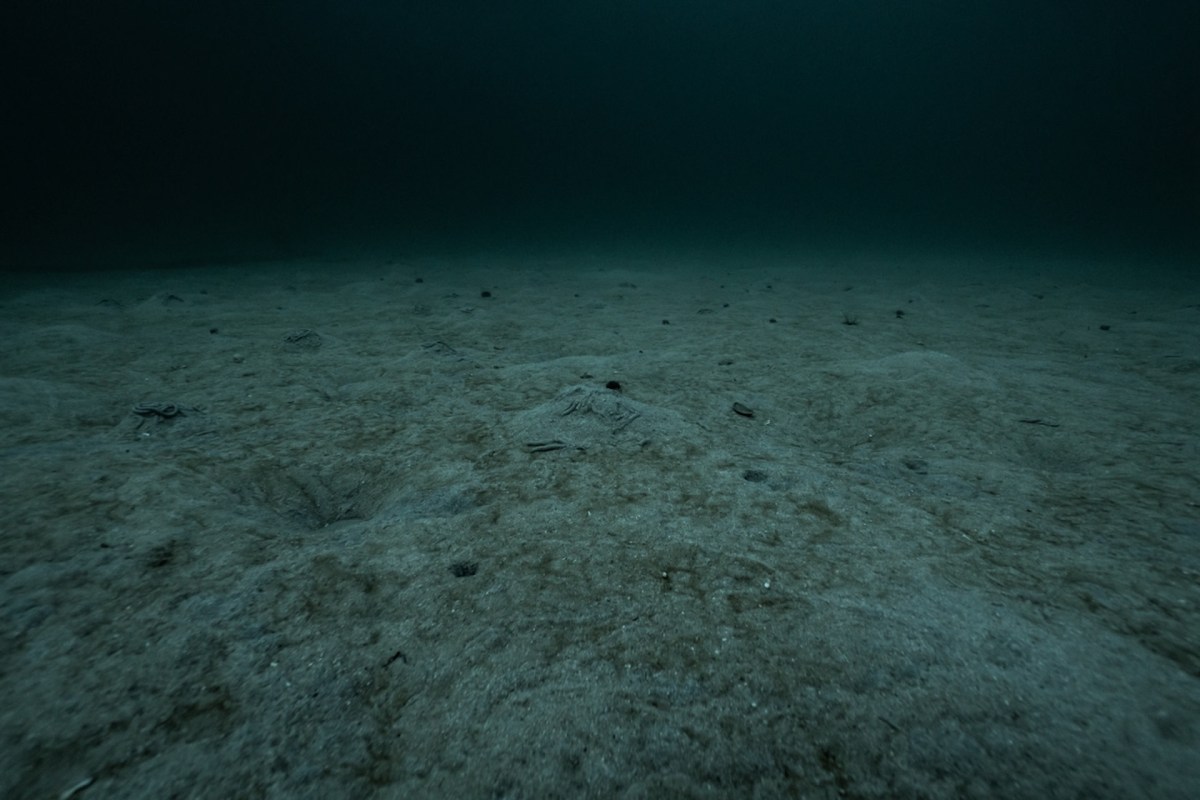Despite widespread protests, Japan is preparing to launch deep-sea mining operations in its waters by the end of the decade. This makes Japan one of the first countries to proceed with deep-sea mining, which has been criticized for its unknown environmental impact, as Mongabay has reported.
What's happening?
In a statement, Japan said that its mining operations will be "sustainable," but preliminary research doesn't necessarily support this claim.
Based on the research, the proposed methods have all been shown to create plumes underwater as disturbed sediment drifts away from mining sites. Even with mining occurring at inactive vents, plumes still endangered active vents several hundred meters away.
One 2023 analysis showed potential mining damage to the surrounding areas remained three years later, and another found that certain fish populations declined by roughly 50%, according to Mongabay's summary.
Ecologist Travis Washburn said that more research was necessary. "You can't really understand what's going to happen until you do it," he said, per Mongabay, and it would be risky to roll out mining on a commercial scale without further investigation.
"We should only be mining if we can establish a robust system that properly takes environmental impacts into account," Yoshihito Doi of Japan's Agency for Natural Resources and Energy told Mongabay.
Why is deep-sea habitat destruction so concerning?
While the bottom of Japan's ocean may seem far away from most peoples' daily lives, the destruction of these habitats would pose a significant threat to people everywhere.
The ocean, and particularly the deep sea, stores more than 50 times as much carbon as the atmosphere, per Ocean-Climate.org, making it a critical mitigator of carbon dioxide accumulation.
Additionally, deep sea microorganisms utilize methane for energy, transforming this toxic gas into minerals and preventing it from escaping into the atmosphere. The destruction of these organisms' habitats could greatly accelerate the warming of our planet.
What's being done to slow down Japan's mining efforts?
Hundreds of scientists, nonprofits, and policymakers are advocating against Japan's efforts. Several statements have called for a moratorium or ban.
Some groups are taking creative approaches to address dirty energy pollution, including the U.K. universities that banned dirty mining companies from recruiting on their campuses. On a consumer level, recycling objects that contain rare metals — such as cellphones — can also decrease the demand for them.
Other researchers are looking for metal alternatives. One group of scientists found a new way to reuse existing cobalt in manufacturing, and other innovations in battery manufacturing could shift consumers away from lithium-ion batteries.
So, while Japan is continuing to move forward, there is hope. "We need to investigate further whether there really are enough mineral resources to make [mining] economically beneficial," Doi said, per Mongabay.
Join our free newsletter for cool news and actionable info that makes it easy to help yourself while helping the planet.









